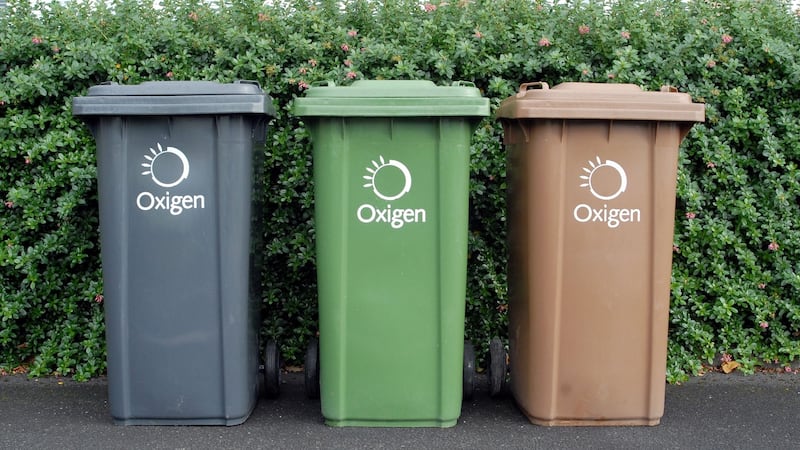The number of businesses who have registered IDs with the communications watchdog as a scam prevention measure has topped 8,000 with those yet to register being warned marketing messages will be labelled as “likely scam” from Thursday.
Companies who have still not registered by the autumn will risk having all their text messages to customers and potential customers blocked entirely.
The Commission for Communications Regulation (ComReg) said some 11,000 SMS Sender IDs from more than 8,000 organisations have been recorded on its SMS Sender ID Registry so far.
The registration system is aimed at making it harder for criminals to piggy back on legitimate operators by send convincing spam messages to consumers that look like they come from regular sources.
RM Block
Irish people and businesses lose around €110 million to scammers sending bogus messages each year and the new system should stop most such messages reaching consumers.
ComReg says the SMS sender ID registry will help protect consumers, services and brands by helping mobile service providers to identify and block fake SMS messages.
Application-to-person (A2P) SMS messages often include a name (SMS sender ID) to indicate who sent it. This sender ID may be the name of the organisation or public service which sent the text message, for example 234BANK.
Scammers often use text messages with fake sender IDs to mimic trusted services and brands.
The registry is a secure repository of registered SMS sender IDs and registered sender ID owners.
SMS providers will be required to check text messages from SMS sender IDs against the registered SMS sender IDs in the registry to help prevent scam texts reaching consumers.
From July 3rd unregistered sender IDs will be modified to “Likely Scam”.
The aim of this modification is to alert the recipient that the SMS may not be legitimate, and to be cautious of the content of the message.
From October 3rd SMS messages from unregistered SMS Sender IDs will be blocked.
ComReg urged organisations that have not yet registered their SMS Sender IDs to do so without delay and said registration was “straightforward and free.”
Organisations may register their own SMS Sender ID, or their SMS provider may register the SMS Sender ID on their behalf.
Organisations can search for and register SMS Sender IDs at www.comreg.ie/senderid



















